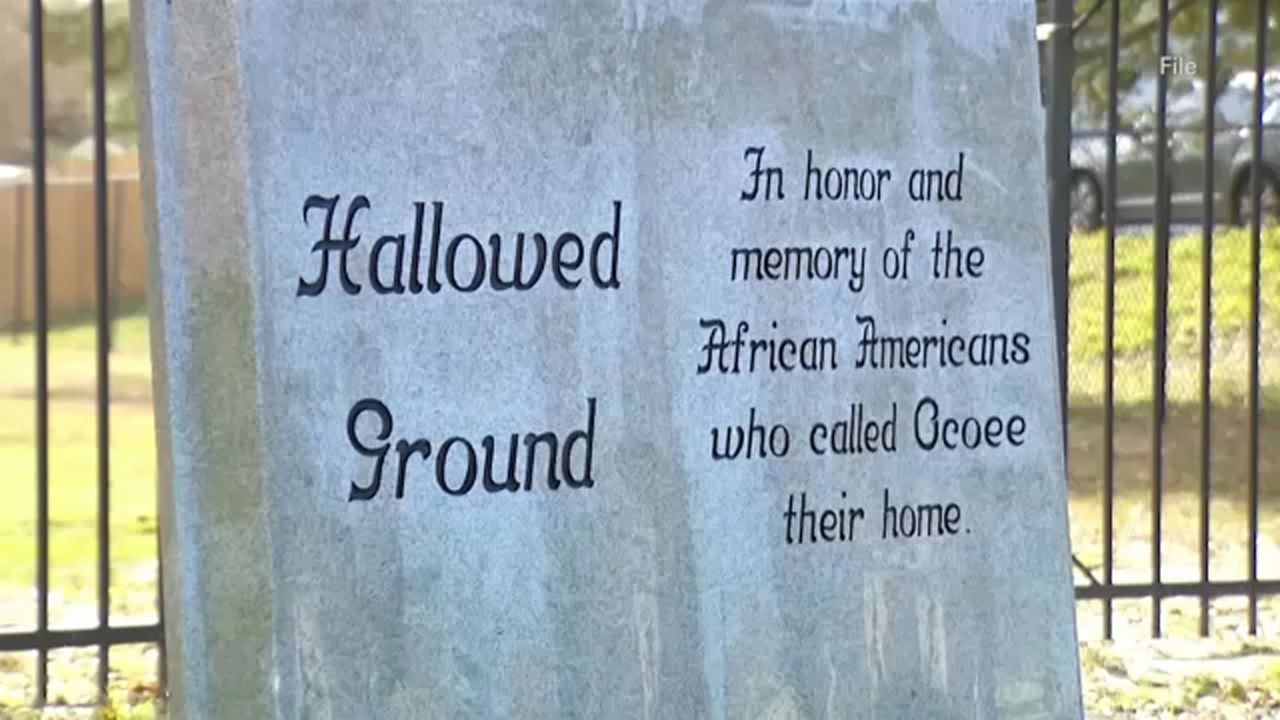OCOEE, Fla. — It’s the largest incident of voting day violence in U.S. history: The Ocoee Massacre is being recognized on Saturday, Nov. 1 with a series of events organized by the Orlando Museum of Art, Alliance for Truth and Justice, Peace and Justice Institute, The Association for the Study of African American Life and History, and the City of Ocoee.
The events are free and open to the public.
What You Need To Know
The Ocoee Massacre happened on Election Day, Nov. 2, 1920
Black residents fled Ocoee after a white mob lynched July Perry
Dozens of black residents were murdered in ensuing weeks of violence
The Ocoee Massacre took place during a presidential election when a simple act of voting led to the lynching of prominent Black business man, Julius “July” Perry. Perry worked with local church leaders and community organizers to help others vote but there was immediate backlash and dozens of African Americans were killed.
Ocoee’s African American population was forced to abandon their homes and property.
Saturday, Nov. 1, the public can learn more about the 1920 Ocoee Massacre, hear from descendants, enjoy live poetry by Justin Lang, and explore forensic research on abandoned Black cemeteries with Dr. Erin Kimmerle of the University of South Florida at the Orlando Museum of Art Auditorium located at 2416 N. Mills Ave., in Orlando.
1:30 p.m. Screening of Dawoud Bey’s Evergreen
2:00 p.m. 1920 Ocoee Massacre Descendent Voices
2:50 p.m. Dr. Erin Kimmerle, University of South Florida
3:05 p.m. Closing Remarks
3:15 p.m. Exit Musuem
4:30 p.m. – 5:30 p.m. City of Ocoee Remembers Memorial Wall Event, Unity Park at 130 North Cumberland Ave., Ocoee
Completed in 2024, Unity Park houses a memorial wall, listing the names of the 263 Black residents who were killed, injured, or driven from their homes and had their properties taken from them on Nov. 2, 1920.
Descendants of the African Americans who lived in Ocoee during that period will be honored special guests. During the program, families will place single white roses at the city’s Memorial Wall, which is inscribed with the names of the the Black residents who once called Ocoee home.

